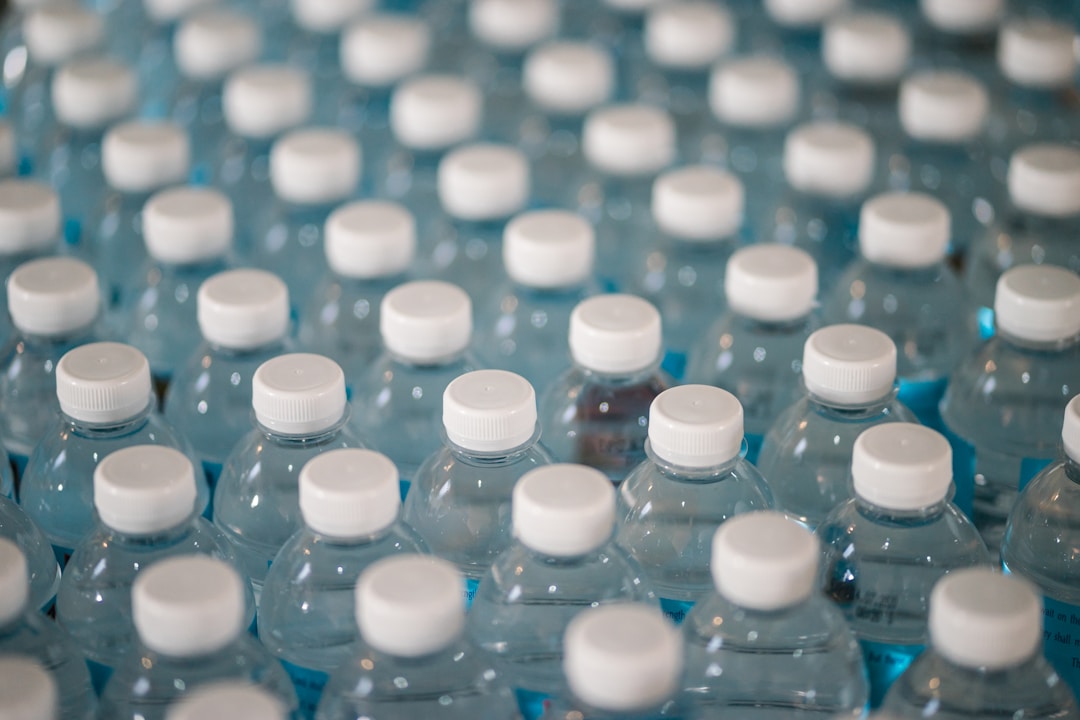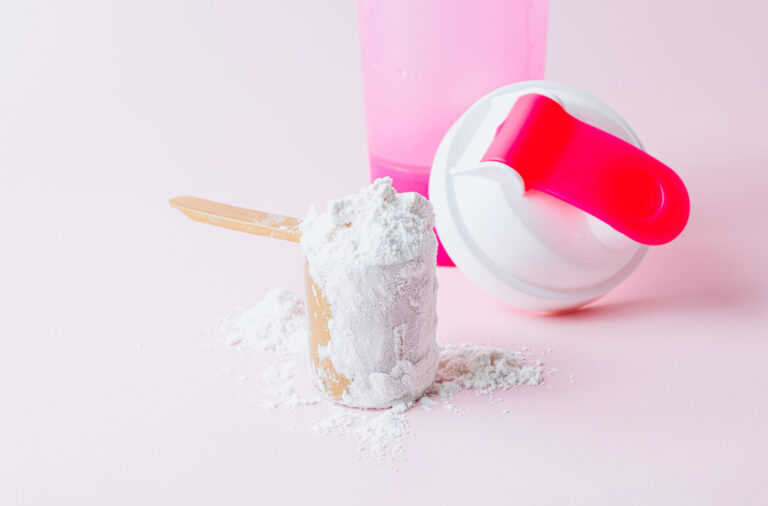Common Maintenance Tips for Industrial Refrigeration Equipment
Industrial refrigeration equipment is critical to many sectors. Proper maintenance of these complex systems is essential for ensuring operational efficiency, safety, and product integrity. Neglecting routine checks and maintenance procedures can lead to costly breakdowns and product loss. This article will delve into maintenance strategies that can help keep your refrigeration equipment functioning at its best. Keep reading to discover how you can effectively maintain your industrial refrigeration systems and avoid common pitfalls that could affect system performance.
Understanding the Importance of Regular Industrial Refrigeration Maintenance

Maintaining industrial refrigeration equipment is not just a matter of regulatory compliance; it’s about safeguarding the entire operational process. A well-maintained system ensures proper temperatures are consistently met, which is crucial for product quality and safety. Inconsistencies in temperature can lead to spoilage or compromised product integrity, incurring severe financial repercussions and damaging a company’s reputation.
Regular maintenance reduces the likelihood of emergency repairs, which can be significantly more expensive than planned servicing. By scheduling regular checks, businesses can detect potential issues early on and address them before they escalate into major problems. This proactive approach translates into longer equipment life, reduced energy consumption, and better overall performance.
Another benefit of scheduled maintenance is the reduction of downtime. When refrigeration equipment fails, it can halt production entirely, leading to delays and losses. Regular maintenance ensures systems run smoothly, helping prevent unexpected downtime that can disrupt business operations and lead to lost revenue.
Essential Cleaning Practices for Increased Equipment Longevity
One of the cornerstones of good refrigeration maintenance is keeping the equipment clean. Dust and debris can accumulate on components such as condenser coils, which can impede performance and efficiency. A regular cleaning schedule should be adhered to, ensuring coils and other parts are kept free from obstruction. This not only optimizes operation but can also extend the lifespan of the machinery.
When it comes to cleaning, not just any method will do. It’s important to use appropriate cleaning solutions and techniques that won’t damage sensitive parts. For sensitive components, such as electronic controls and sensors, gentle cleaning with non-corrosive products is vital to avoid any unintended damage.
Drainage lines require attention as they can become clogged with ice or sludge, leading to water backups and potential system failures. Ensuring these lines are regularly flushed and inspected for damage can prevent water-related issues that could compromise refrigeration effectiveness.
Lastly, the surrounding environment plays a role in the cleanliness of refrigeration equipment. Keeping the areas around the refrigeration units free of clutter and limiting the exposure to open air and unfiltered ventilation can reduce the introduction of new contaminants to the system, simplifying cleaning routines.
Key Inspection Points for Preventative Refrigeration Maintenance

A thorough inspection of industrial refrigeration equipment should cover various critical points to catch any developing issues. For instance, checking seals and gaskets regularly can prevent air leaks, reducing energy efficiency and leading to overworking the system. Inspecting these regularly and replacing them when worn out is key to maintaining an airtight system.
Monitoring refrigerant levels is another vital aspect of preventative maintenance. Low refrigerant not only hampers the system’s cooling capabilities but can also indicate leaks. Licensed technicians should handle refrigerant-related maintenance due to the hazardous nature of these substances and the legal requirements surrounding their use.
Motors and fans keep air circulating throughout the system, and when they fail, the consequences can be immediate and severe. Regular inspection and lubrication of bearings can prevent failure, as can checking for signs of wear and tear on fan blades and motor belts.
Electrical components should not be overlooked either. Wear and tear on wiring insulation, contactors, and relays can lead to electrical failures, which might shut down the system. Regular checks on electrical systems should be performed by qualified personnel to ensure continued reliable operation.
The effective maintenance of industrial refrigeration equipment is a critical task that ensures efficiency, safety, and product integrity.












